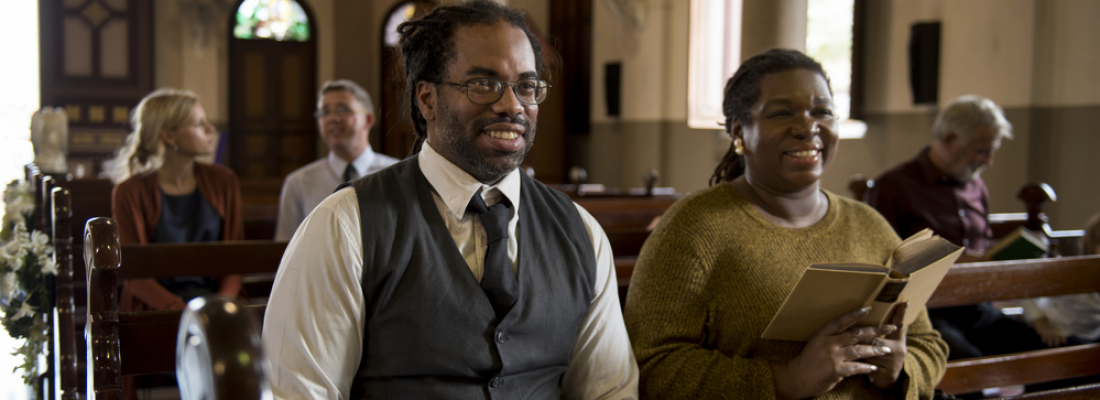Sharing a common building is one way that separate churches can combine resources, simultaneously saving money and maximizing the usefulness of facilities. A typical arrangement is that a church that owns land and a building offers its use to another church group, perhaps for a fee. In considering whether this kind of sharing arrangement is feasible, it’s important that church leaders examine the potential risks and how to manage them.
The most important piece of any facilities sharing arrangement is to put the agreement into writing. A contract covers all the important features of the agreement between two churches. In addition to financial questions, like rent and utilities obligations, the contract will spell out practical matters like who will be responsible for cleaning, how special events will be scheduled, limits on the kind of materials that can be left in and around the church, and so forth.
The contract will also address liability. The owner of the church and land needs to protect itself against liability that may arise while the other church is using the property. A landowner can be liable for a wide variety of risks, including personal injury caused by conditions on the property and even incidents between two people. The church owner can protect itself by ensuring that it is not responsible for any aspect of the other church’s activities. In technical terms, the owner needs to have no control or supervisory role over the property while the other church is active on the property.
The owner should also require the licensed church to indemnify the owner against damages that arise while the licensed church is using the property. What this means is that the licensed church assumes legal and financial responsibility for incidents that occur on its watch.
The indemnification issue should make leaders of both churches think about insurance. A church’s insurance policies may not automatically cover activities by other groups on the property, or it may offer inadequate coverage limits for such events. The tenant church should also explore insurance to protect itself from the obligations that could arise as a consequence of the indemnification clause. Both the owner and the licensee should be insured for
The Church Law Center of California counsels churches and secular nonprofits. If your church is thinking about entering into an agreement with another church to share space, we would be happy to answer your questions and help you craft an agreement that will protect your church. Call us today at (949) 892-1221 or reach out to us through our contact page.






